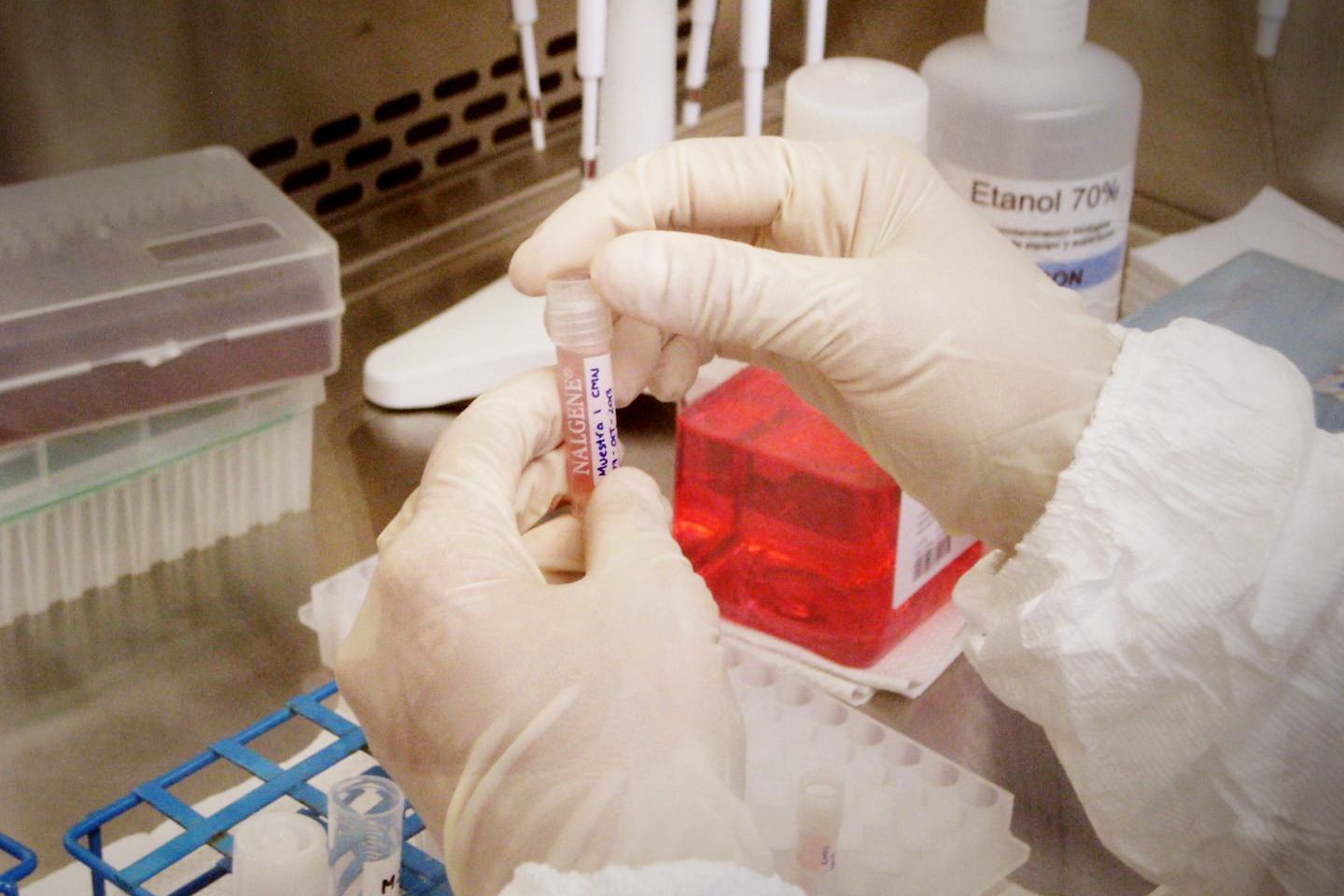Epstein-Barr virus as a leading cause of multiple sclerosis: mechanisms and implications.
Bjornevik K, Münz C, Cohen JI, Ascherio A.
Nat Rev Neurol. 2023 03. 19(3):160-171. PMID: 36759741
Alberto Ascherio, MD, DrPH, is a Professor of Epidemiology and Nutrition at the Harvard T. H. Chan School of Public Health and a Professor of Medicine at the Harvard Medical School. Dr. Ascherio received a Doctorate in Medicine and Surgery from the University of Milan and worked for several years in medicine and public health in Latin America and Africa before obtaining a Master and Doctorate in Public Health from Harvard. Dr. Ascherio has focused much of his work over the past 25 years on discovering the causes of neurodegenerative diseases, including multiple sclerosis (MS), Parkinson disease, amyotrophic lateral sclerosis, and cognitive decline. He has conducted longitudinal studies in many populations, including, among others, the Nurses’ Health Studies I and II, the Health Professionals Follow-up Study, the Cancer Prevention Study-II, the U.S Army, Navy and Air Force, the Danish MS Registry, and the Finnish Maternal Cohort. These studies have contributed to identifying several biomarkers and modifiable risk factors for MS (e.g. cigarette smoking, vitamin D insufficiency, and childhood obesity), Parkinson (pesticide exposure, low caffeine intake, low physical activity), and ALS (cigarette smoking, military service, low body mass index), and have in some cases provided the rationale for randomized trials (e.g. on physical activity in Parkinson disease). His most notable scientific contribution stems from the 20-year long investigation of over 10 million young adults that led to the recent breakthrough discovery that MS is a rare complication of infection with the Epstein-Barr virus.
Dr. Ascherio has published over 400 original research papers and reviews. His work has been recognized with several awards, including a Doctor of Medicine honoris causa from the University of Southern Denmark in recognition of his work on vitamin D insufficiency as a risk factor for MS.
MD, 1978
University of Milan
DrPH, 1992
Harvard University
Bjornevik K, Münz C, Cohen JI, Ascherio A.
Nat Rev Neurol. 2023 03. 19(3):160-171. PMID: 36759741
Nielsen NM, Junker TG, Boelt SG, Cohen AS, Munger KL, Stenager E, Ascherio A, Boding L, Hviid A.
Sci Rep. 2023 Jan 31. 13(1):1781. PMID: 36720914
Nielsen NM, Junker TG, Boelt SG, Cohen AS, Munger KL, Stenager E, Ascherio A, Boding L, Hviid A.
Sci Rep. 2022 11 17. 12(1):19823. PMID: 36396686
Molsberry SA, Hughes KC, Schwarzschild MA, Ascherio A.
Neurology. 2022 08 16. 99(7 Suppl 1):26-33. PMID: 35970591
Zhang X, Molsberry SA, Schwarzschild MA, Ascherio A, Gao X.
JAMA Netw Open. 2022 08 01. 5(8):e2227738. PMID: 35984656
Maple PA, Ascherio A, Cohen JI, Cutter G, Giovannoni G, Shannon-Lowe C, Tanasescu R, Gran B.
Front Neurol. 2022. 13:887794. PMID: 35812097
Yim G, Roberts A, Ascherio A, Wypij D, Kioumourtzoglou MA, Weisskopf AMG.
Epidemiology. 2022 05 01. 33(3):431-440. PMID: 35213510
Wang F, Baden MY, Guasch-Ferré M, Wittenbecher C, Li J, Li Y, Wan Y, Bhupathiraju SN, Tobias DK, Clish CB, Mucci LA, Eliassen AH, Costenbader KH, Karlson EW, Ascherio A, Rimm EB, Manson JE, Liang L, Hu FB.
Diabetologia. 2022 07. 65(7):1119-1132. PMID: 35391539
Zhang X, Molsberry SA, Yeh TS, Cassidy A, Schwarzschild MA, Ascherio A, Gao X.
Neurology. 2022 03 08. 98(10):e1064-e1076. PMID: 35082171
Bjornevik K, Cortese M, Healy BC, Kuhle J, Mina MJ, Leng Y, Elledge SJ, Niebuhr DW, Scher AI, Munger KL, Ascherio A.
Science. 2022 01 21. 375(6578):296-301. PMID: 35025605
People with MS had a stronger immune response to Epstein-Barr virus than those without MS—but their response did not follow a specific pattern that could help highlight the disease’s origins, according to a new study led by Harvard…

Consuming omega-3 fatty acids—particularly alpha-linolenic acid, a nutrient found in foods including flaxseeds, walnuts, and chia, canola, and soybean oils—may help slow the progression of disease in patients with amyotrophic lateral sclerosis (ALS), according to a new study…

Harvard Chan School’s Alberto Ascherio and Marc Lipsitch are among 46 individuals in life sciences named to the 2023 STATUS List—a group of leaders in public health, medicine, biotechnology, and more, recognized by STAT for their contributions to…

A January 2022 study from Harvard Chan School found strong evidence of a link between Epstein-Barr virus (EBV) and multiple sclerosis (MS). But experts quoted in a November 21 Undark article were mixed on how big a role…
Multiple sclerosis is likely caused by infection with the Epstein-Barr virus, according to a new Harvard Chan School study.
